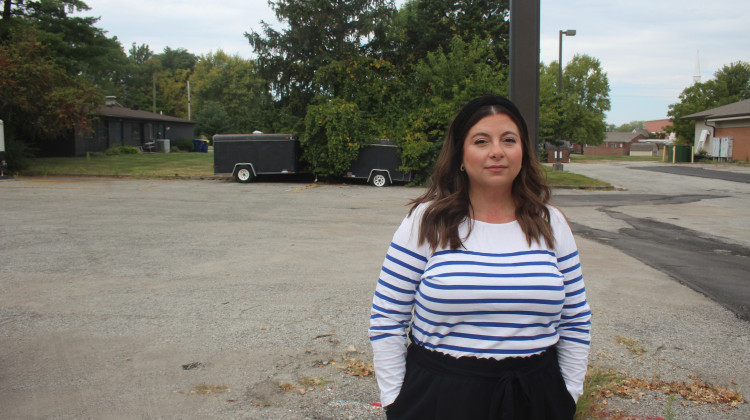Local governments would be unable to regulate timber harvests or mineral extraction on private property under a measure that passed out of committee Monday.
Republican Rep. Jeff Ellington’s bill says a city, county or other local government cannot regulate the development of natural resources on private property.
Monroe County Planning Department Director Larry Wilson says he’s especially concerned about not being able to limit logging on the steep slopes along Lake Monroe, which is Bloomington’s primary water source.
“These soils are very shallow to stone, they’re highly erodible, and we lose the banks,” Wilson says. “And that’s a long-term impact on water supply, it’s a long-term impact on tourism and recreation in that area.”
Representatives from the Hoosier Environmental Council and the Friends of Lake Monroe also testified against the measure.
And House Natural Resources Committee member Rep. Alan Morrison (R-Rockville) says he doesn’t understand the need for a statewide statute change for what he sees as a local issue.
“It seems to me that we’re looking at passing a law just for your county and impacting the rest of the state, when nobody came to me in any of the counties I live in with this problem,” Morrison says. “Local rules are important. People who move into Monroe County should know what the local rules are and live by it.”
But Ellington says the bill is necessary to protect the rights of private land owners.
“This bill is not about Lake Monroe, this bill is not about Bloomington, this bill is about the right to own private property,” Ellington says. “The right to be able to farm, to do a forestry management plan, to increase, biologically, the ecosystem diversity throughout Indiana.”
The measure’s limitation on local regulations also applies to “extraction of mineral resources,” which includes limestone.
Local governments have more leniency to regulate both timber harvest and mineral extraction in urban areas, which means having at least eight residences on a quarter-mile area. But the bill would require at least 50 residences on a quarter-mile area to be considered an urban area.
“That’s extremely dense,” Wilson says. “So in effect what [it means is], rural areas in the state cannot have any regulations in regard to managing the extraction of minerals or timber extraction.”
The bill has support from organizations like the Indiana Builder’s Association, the Indiana Coal Council, the Indiana Lumber Association, the Indiana Farm Bureau and the Forestry and Woodland Owners Association.
It passed out of committee with a 6 to 3 vote and now moves to the House floor.
 DONATE
DONATE










 Support WFYI. We can't do it without you.
Support WFYI. We can't do it without you.